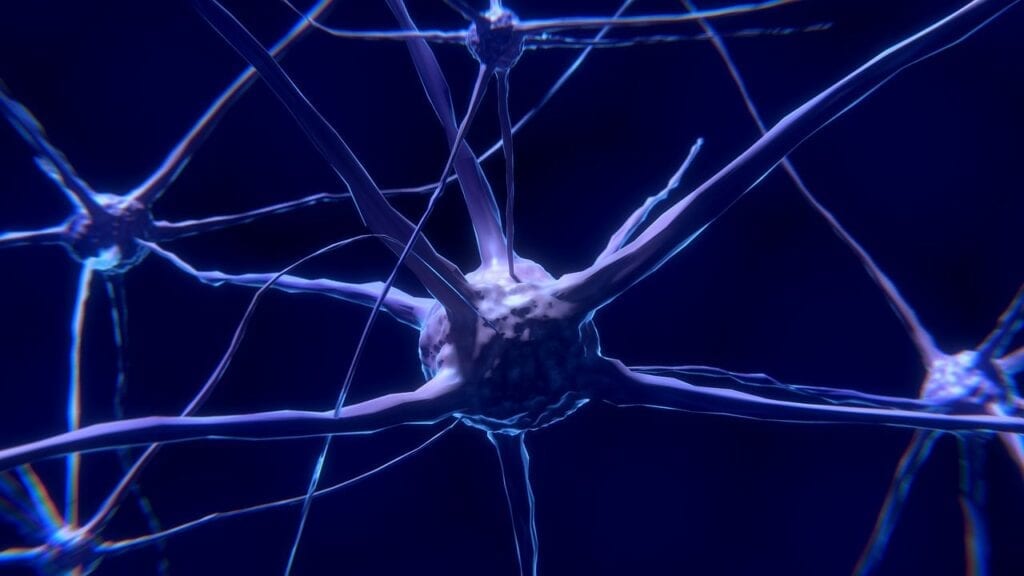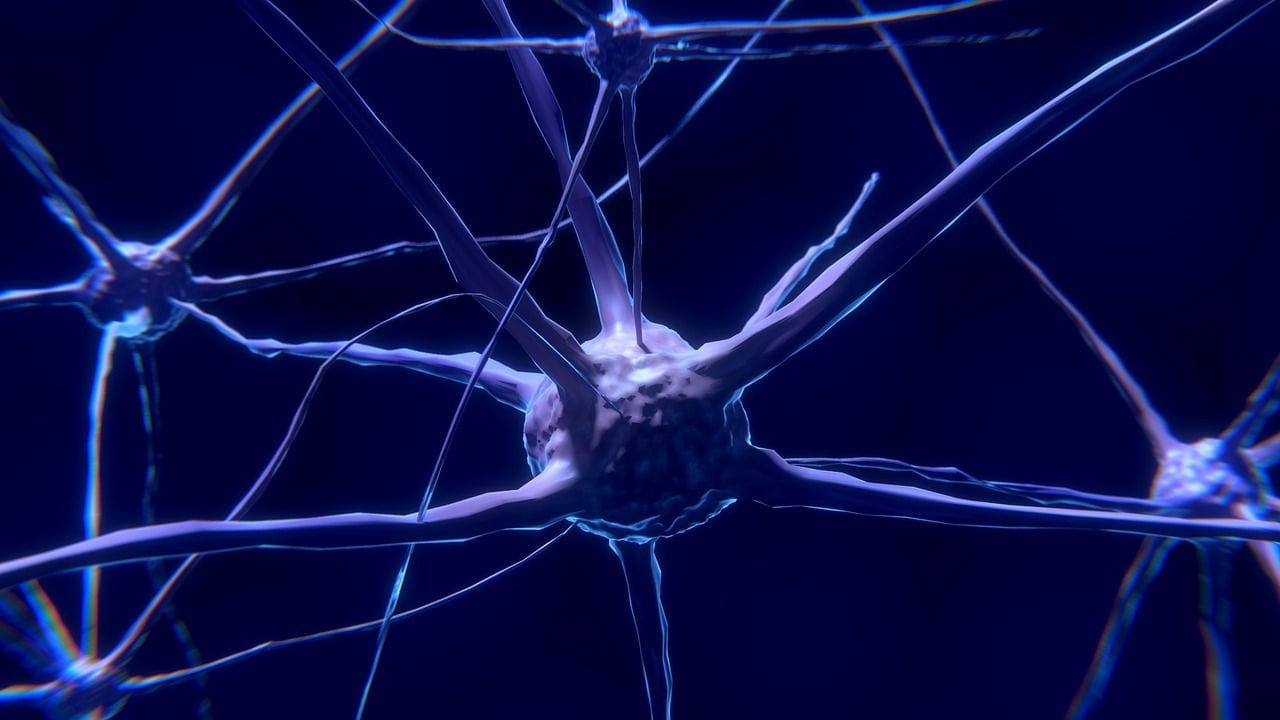
When everything we do is recorded and remembered by our technology, what role does memory have? Keeping us human.
You’ve already forgotten almost everything that’s ever happened to you. Even immediately after you finish this, you won’t remember everything you read. A sentence might pop into your mind in a few days, remixed with something else as a new experience enters your stream of consciousness and disappears just as fast. That’s the nature of memory, which is far less reliable than you might think.
Experience is a blur punctuated by a few bright moments that stand out. But even those so-called “flashbulb memories,” salient as they seem at the time, are as easily forgotten as their more banal counterparts. Few people realize how wrong their recollections, even of pivotal or traumatizing events like 9/11, can be.
As humans become more entwined with technology, however, that’s starting to change. What does that mean for the future of memory?
THE MEMORY PALACE
If it’s true that memory is an artificial construct, what does that mean about our relationship with our own experiences? When I first met my colleague James Jorasch, inventor and founder of Science House, he taught me a few of the tricks, including the construction of a memory palace, that he uses to compete in the US Memory Championship.
The book Moonwalking with Einstein details the process used by memory competitors. They don’t memorize an entire deck of cards in order by recalling them the way they appear. Instead, the King of Clubs might become Tiger Woods, who then appears as a character in a larger story that unfolds in your memory palace, which could be your childhood home or any familiar environment.
Memory is complicated, but to try to simplify it: It operates on two tracks. First, the small seahorse-shaped hippocampus in your brain acts like a bouncer at a club, letting in bits that help the brain survive. The pieces of information deemed worthy of recall are passed on to the amygdala, which doesn’t encode a perfect copy. The true point of memory, ultimately, is survival. The brain remembers how to find food or avoid the familiar face of an enemy. Your brain doesn’t need the names, numbers or irrelevant details associated with an event.
“Machines and humans have two different languages of memory,” James says. “Machine memory is binary, while brain memory employs images. In between, we speak a third language: words. Right now, we speak to people as if they are machines and will remember perfectly. In the future, however, we will optimize a shared language for recall.”
This new language will be a synthesis of machine and human memory. It is nascent today in the art and science of visualization. Math and imagination form a collective super-memory that we can tap into to make better decisions about survival together.
MEMORY IS A RECONSTRUCTION
As a child, Dr. David Eagleman fell off a roof. Though the drop took less than a second, it felt much longer, sparking his interest in memory and time. Now the director of the Laboratory for Perception and Action and the Initiative on Neuroscience and Law at Baylor University, Eagleman has been known to toss people off a 150-foot roof onto a safety net so he can examine their memory of the event.
The Latest Bing News on:
Future Of Memory
- Day One PS Plus Extra Game is Now One of the Highest-Rated Games of the Yearon May 9, 2024 at 8:33 am
A day one PlayStation Plus Extra game that subscribers can play right now is getting rave reviews from critics.
- How the 'Kingdom of the Planet of the Apes' movie sometimes put the cast in real dangeron May 9, 2024 at 7:30 am
A shoot in Australian jungles put the "Kingdom of the Planet of the Apes" cast up against real dangers in making the new movie (in theaters Friday).
- Micron The future of laptop memory is here (and it's upgradeable!)on May 9, 2024 at 1:00 am
Imagine a world where your laptop's memory isn't soldered on – a relic of the past that makes self-repair nigh impossible. Now imagine being able to pop in more RAM whenever you need it ...
- Private lunar lander to carry 'memory disk' of 275 human languages to the moon in 2024on May 8, 2024 at 5:59 am
ispace will send a time capsule of 275 human languages to the moon as part of its lunar mission later this year.
- A new form of easily upgradeable memory promising thinner laptops and low power is now availableon May 8, 2024 at 3:38 am
Micron is shipping its first LPCAMM2 modules out, and they're now available to buy individually or within the Lenovo ThinkPad P1 Gen 7.
- Memory is a tricky thing so best to focus on the future | Quigleyon May 7, 2024 at 11:30 pm
How’s your memory? Do you recall where you put the key fob? What did you have for lunch yesterday? And what’s the name of the tall guy you talked to last weekend? That’s the easy stuff. Can you ...
- Hope of a brighter future is a distant memory for Sudanese Christianson May 6, 2024 at 4:48 pm
When a coup unseated long-time Islamist dictator Omar al-Bashir in 2019, Sudanese Christians held hope for a brighter future. Today, that hope is a distant memory as believers face persecution from ...
- How one Ohio town is preparing for a future of floodson May 6, 2024 at 2:00 am
His memory of the first time he experienced a flood is still vivid ... But if history is a harbinger of the future, it will flood. The city of Shelby wants to be ready. Read more about the history of ...
- ‘A Photographic Memory’ Review: A Filmmaker Traces Her Late Mother’s Vibrant Life in Ingenious Meta Docon May 2, 2024 at 10:00 pm
Using a myriad of archival materials and inventive narrative devices, Rachel Elizabeth Seed searches for Sheila Turner Seed in 'A Photographic Memory.' ...
- Losing keys and everyday items 'not always sign of poor memory'on May 1, 2024 at 9:04 am
The mysteries of how memory works are explained in a new book that suggests anyone can boost their powers of recall -- and that losing your keys is normal.
The Latest Google Headlines on:
Future Of Memory
[google_news title=”” keyword=”Future Of Memory” num_posts=”10″ blurb_length=”0″ show_thumb=”left”]
The Latest Bing News on:
MEMORY IS A RECONSTRUCTION
- Microscopic Brain Tissue Map Reveals Vast Neural Networkson May 9, 2024 at 11:24 am
Researchers created the largest 3D reconstruction of human brain tissue at synaptic resolution, capturing detailed images of a cubic millimeter of human temporal cortex.
- Amazingly Detailed Images Reveal a Single Cubic Millimeter of Human Brain in 3Don May 9, 2024 at 11:00 am
A nanoscale project represents a giant leap forward in understanding the human brain. With more than 1.4 petabytes of electron microscopy imaging data, a team of scientists has reconstructed a ...
- Human brain map contains never-before-seen details of structureon May 9, 2024 at 11:00 am
Google's state-of-the-art AI algorithms allow for reconstruction and mapping of brain tissue in ... which is important to neuroscience for its role in memory and neurological disease.
- Half grain-sized brain tissue with 1400 TB data mapped by Harvard, Googleon May 9, 2024 at 11:00 am
Imagine exploring the intricate world within a single cubic millimeter of human brain tissue. It might seem insignificant, but within that tiny space lies a universe of complexity—57,000 individual ...
- AI Recreates the Seven Wonders of the Ancient Worldon May 5, 2024 at 3:47 pm
Discover how AI resurrects ancient wonders like the Colossus of Rhodes, offering insights into past civilizations' Seven Wonders ...
- Lindsay Lohan impressed Dennis Quaid while working together on 'The Parent Trap:' 'She was like Marlon Brando'on May 3, 2024 at 3:24 pm
Dennis Quaid revealed he was impressed by Lindsay Lohan's talent during the screen test for "The Parent Trap," comparing the actress to Academy Award winner Marlon Brando.
- Reconstruction, renovation work on Karnal Sher Khan Shaheed’s Shrine completedon April 28, 2024 at 7:22 pm
The Pakistan Army has successfully concluded the reconstruction and renovation work on the shrine of the revered Captain Karnal Sher Khan Shaheed in Swabi. The meticulously executed project, ...
- MIT Technology Reviewon April 9, 2024 at 5:00 pm
There is no photo of Maria on that balcony. But she can now hold something like it: a fake photo—or memory-based reconstruction, as the Barcelona-based design studio Domestic Data Streamers puts ...
- Episodic Memoryon April 19, 2023 at 10:09 am
Revisiting past experiences through episodic memory is considered a process of reconstruction. Memory traces are formed in the brain based on an experience. Later, a retrieval cue—which can be ...
- Episodic Memoryon August 22, 2020 at 7:38 am
How Episodic Memory Works Revisiting past experiences through episodic memory is considered a process of reconstruction. Memory traces are formed in the brain based on an experience. Later ...
The Latest Google Headlines on:
MEMORY IS A RECONSTRUCTION
[google_news title=”” keyword=”MEMORY IS A RECONSTRUCTION” num_posts=”10″ blurb_length=”0″ show_thumb=”left”]











